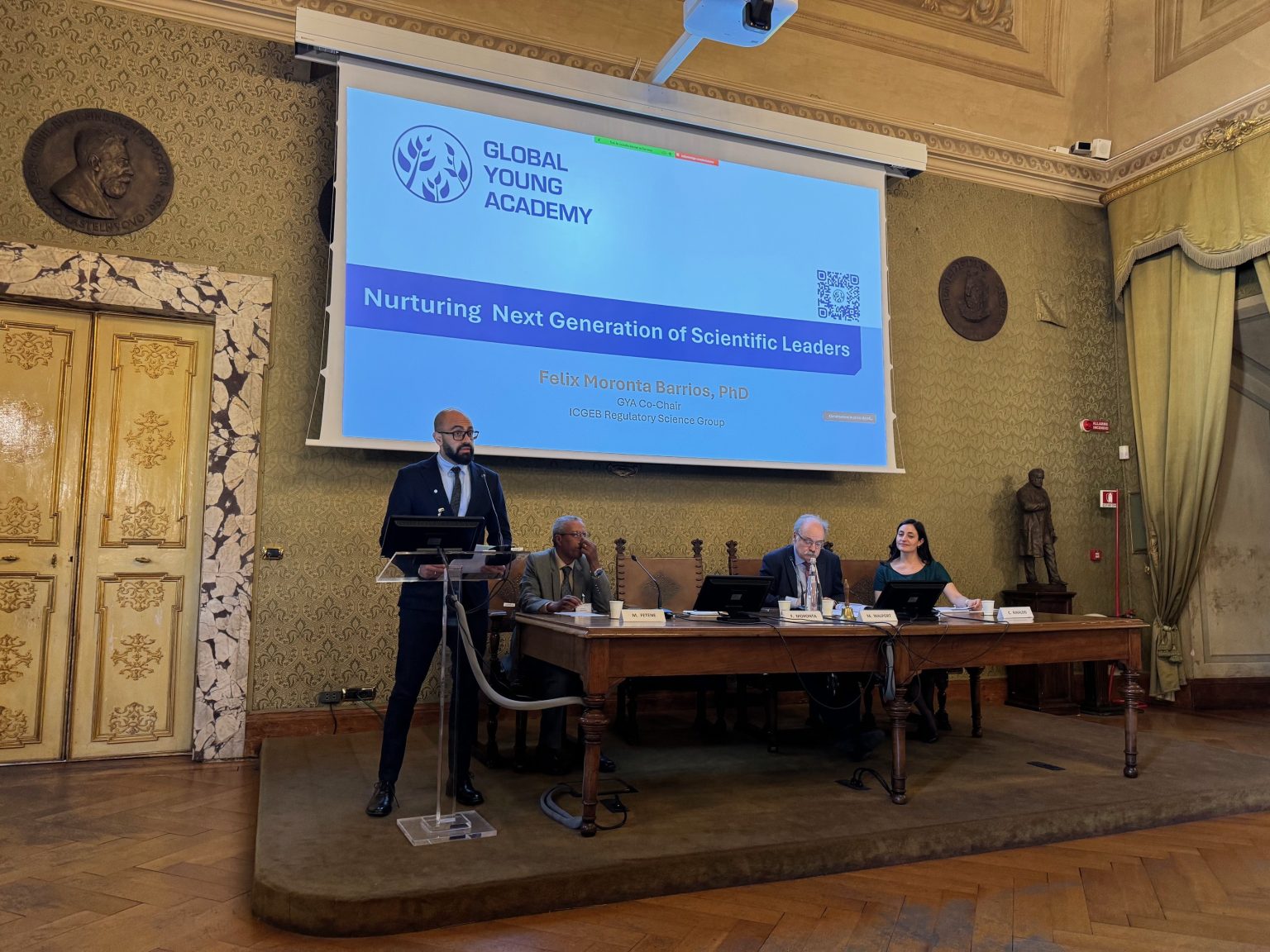The Italian Accademia Nazionale dei Lincei hosted a meeting of the National Academies of the G7 countries on 11 and 12 April 2024. The primary aim was to present joint statements representing the perspectives of the G7 Academies of Science (S7) and Social Sciences and Humanities (SSH7) on significant global issues. These statements will be delivered to respective governments ahead of the G7 Summit.
Attending the meeting were leaders from institutions including the Royal Society of Canada, Académie des Sciences (France), Leopoldina Science Academy (Germany), Accademia Nazionale dei Lincei, Science Council of Japan, British Academy (UK), Royal Society (UK), and the National Academy of Sciences (USA). Additionally, representatives from the Global Young Academy (GYA), the International Science Council (ISC), the InterAcademy Partnership (IAP), and the Centro Linceo Interdisciplinare Giovani (CLIG) were invited, with the GYA represented by GYA Co-Chair Felix Moronta (ICGEB Regulatory Science Group, Italy).
On 11 April, all participants were received at the Quirinale Presidential Palace by the President of the Italian Republic, Sergio Mattarella, to handle copies of the drafted documents. The official presidential communiqué can be accessed at https://www.quirinale.it/elementi/110666.
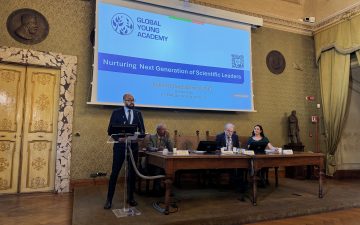
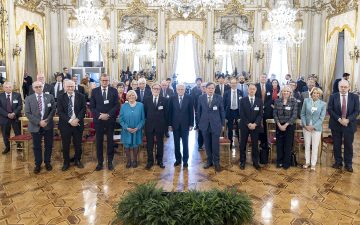
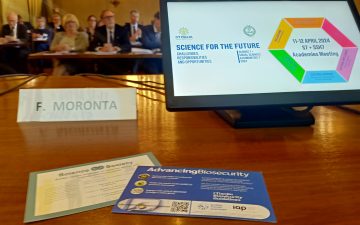
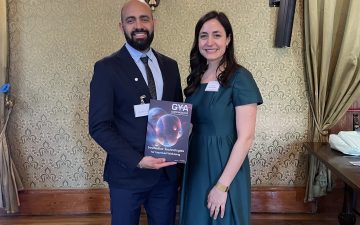
The joint statements covered six key areas. Here is a short summary of the main recommendations:
- Security and protection of food production: Commit to a new agrarian revolution for sustainable agriculture, emphasizing resource utilization efficiency and ecological consciousness.
- Artificial intelligence and society: Ensure AI systems are secure, transparent, and reliable while safeguarding user data; encourage socially beneficial AI applications and foster cooperation between private and public sectors for regulation and basic research.
- Public health policies: Combat antimicrobial resistance by incentivizing pharmaceutical innovation, support national health systems, prioritize primary prevention, transition to renewable energy, and prioritize research into pandemic prevention technologies.
- Nuclear arms control: Reaffirm commitment to nuclear disarmament, develop evidence-based methods for monitoring and verification of disarmament agreements, and advocate for international cooperation to reduce the risk of nuclear conflict.
- Social inequality and poverty: Strengthen anti-poverty policies, promote economic growth, engage in cooperative dialogue among nations for protection policies, and integrate with the United Nations’ infrastructure for sustainable development.
- Science and communication of cultural heritage: Collaborate to safeguard and disseminate knowledge of cultural heritage, recognize and study culture’s influence on the environment, and promote interdisciplinary preservation efforts for a better understanding of our past and planning for the future.
All joint statements can be accessed at https://www.lincei.it/it/g7-academies-meetings.
On 12 April, the meeting ended with a session titled “Lessons from the Past and Issues for the Future,” featuring interventions from external institutions. I presented on “Nurturing the Next Generation of Scientists,” advocating for the recognition of ECRs as a discrete stakeholder group, highlighting activities by the GYA aligned with S7 recommendations. Highlights of the Trust in Young Scientists working group project SCISO and Advancing Biosecurity projects, respectively, were delivered to all the participants.
Furthermore, Carlotta Rinaldo, CLIG Director, received copies of GYA Connections magazine.
The closing ceremony marked the handover of documents to Ambassador Elisabetta Belloni, Chief of the Italian G7/G20 Prime Minister’s Office.
